Pulse: Macro
A Weak Yen Is Dragging Japan Down
Despite strengthening relative to the U.S. dollar in recent weeks, the currency’s real value is at a 50-year low.
A Short-Term Reprieve: The Data
A weaker dollar, falling interest rates, lower inflation and oil prices are offering a welcome, albeit temporary relief to emerging markets.
The War of the Words: December 2022 Spotlight
Demonization and its economic consequences, and a peek ahead to the 118th Congress
A Dollar Reprieve
The dollar has reversed its seemingly inexorable rise, with the weighted average dollar index falling from its 10-year high at the end of September. While it is too early to detect a trend, this development, alongside a softening of interest rates, is a welcome reprieve for emerging markets and low-income countries.
Is Japan’s Inflation Really At a 40-Year High? What, if anything, does it mean for BOJ Policy?
“October Inflation At A 40-Year High” read the headlines. If this really were representative of overall inflation trends, it would put additional pressure on the Bank of Japan (BOJ) to raise interest rates in order to slow an overheating economy. But it reminds me of the line from the movie Absence of Malice: accurate but not true.
Disentangling the Crypto Crash of 2022
A reckoning in the digital asset industry that started in June after the collapse of improperly collateralized investment assets gained new urgency in November. Following the professional and possibly legal improprieties that led to bankruptcy and chaos at the FTX cryptocurrency exchange, the industry is regrouping and putting distance between legitimate market participants and the grifters.
Bali and Cairo: A Challenging Set of Global issues Meets the Climate Emergency
The Bali Summit is occurring at a time of intensifying challenges facing the global economy.
Global Manufacturing: The Canary in the Coal Mine
The Purchasing Managers Index (PMI) is a forward-looking indicator based on monthly surveys of purchasing managers. As a “Diffusion Index”, values above 50 indicate expansion relative to the previous month, and below 50, contraction relative to the previous month. As such, it is a key piece of the economic puzzle. There are several PMI indices: manufacturing, services and composite. In this piece, the focus is on PMI Manufacturing
C’mon, Democrats, Tout Your Economic Record: It’s a Very Good Story
Drawing on the fact-free politics of Donald Trump, Republicans are selling the meme that Americans are much worse off economically and financially under President Joe Biden and the Democrats. That is demonstrably untrue. Yet, the Democrats’ main response has been to mumble an apology for the inflation they didn’t cause and try and change the subject.
Japan's New Economy & Low Interest Rate Equilibrium - A Panel Discussion
Wednesday, October 26, 2022, 11AM CDT: EconVue Subscriber Event
You are invited to a panel discussion on Japan's outlier monetary policy with economists John Greenwood and Richard Katz, moderated by Lyric Hughes Hale.

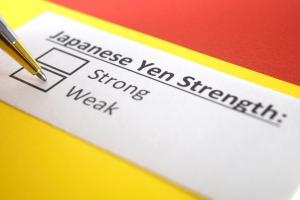
 by
by 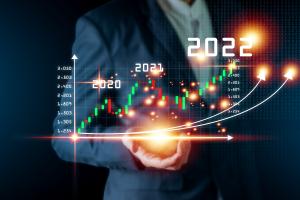
 by
by 
 by
by 

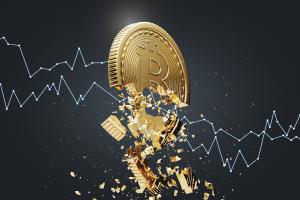
 by
by 
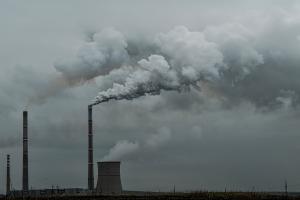
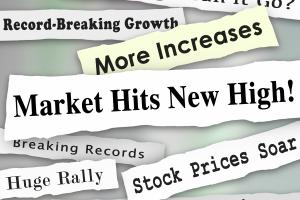
 by
by 
